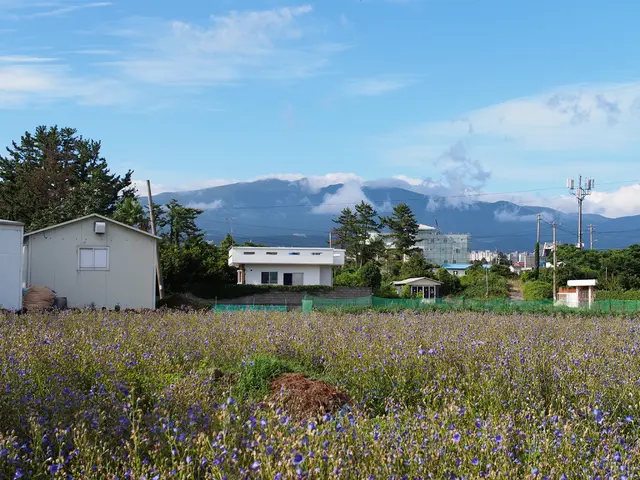Two Oil Giants Team Up to Monitor Texas Methane Emissions
In a bid to tackle climate change, two oil and gas companies have joined forces to monitor methane emissions in Texas. Meanwhile, Miami is set to trial eco-friendly e-cargo bikes for deliveries, and Emory University in Georgia is expanding its solar power capabilities. Elsewhere, preparations for hurricane season are adapting to COVID-19, and the Tennessee Valley Authority is set to have a full board for the first time in years.
The two unnamed oil and gas companies are developing a sensor network to track methane emissions across Texas. This move aligns with the state's goal to reduce methane emissions by 30% by 2035.
Miami is introducing four low-powered electric-assist e-cargo bikes for deliveries. This pilot project aims to reduce carbon emissions and ease traffic congestion in the city.
Hurricane response plans are evolving due to COVID-19. Florida officials and utilities are factoring in precautions like reduced work crews to ensure safety during storm preparations and recovery.
Major wind developers are diversifying their portfolios by adding solar projects. Florida, Georgia, and Texas are among the states seeing this trend.
The Tennessee Valley Authority (TVA) will have a full nine-member board after the U.S. Senate approves two President Trump nominees. This is the first time in three years the TVA will have a full board.
Emory University is installing over 15,000 solar panels to generate around 10% of its power. This initiative is part of the university's commitment to sustainability.
A court has ruled that the EPA violated the law by denying a request from Maryland and Delaware to tighten air pollution controls at power plants in neighboring states.
Environmental groups have called for U.S. Energy Secretary Dan Brouillette's resignation after he made controversial remarks comparing banks' restrictions on oil and gas financing to racial discrimination.
Secretary Brouillette has also announced plans to store an additional 23 million barrels of oil in strategic reserves in Louisiana.
Nearly three dozen organizations have urged North Carolina Gov. Roy Cooper to extend and strengthen a moratorium on utility disconnections and late payment fees during the pandemic.
A Virginia energy efficiency nonprofit leader has credited funding interruptions from federal programs for helping the organization prepare for uncertainty during the pandemic.
Federal Energy Regulatory Commission Chairman Neil Chatterjee is reportedly considering a run for governor in Virginia.
These developments highlight the evolving landscape of energy and environmental policies in the U.S., with a mix of innovative solutions, adaptations to challenges like COVID-19, and ongoing debates over energy sector regulations.








